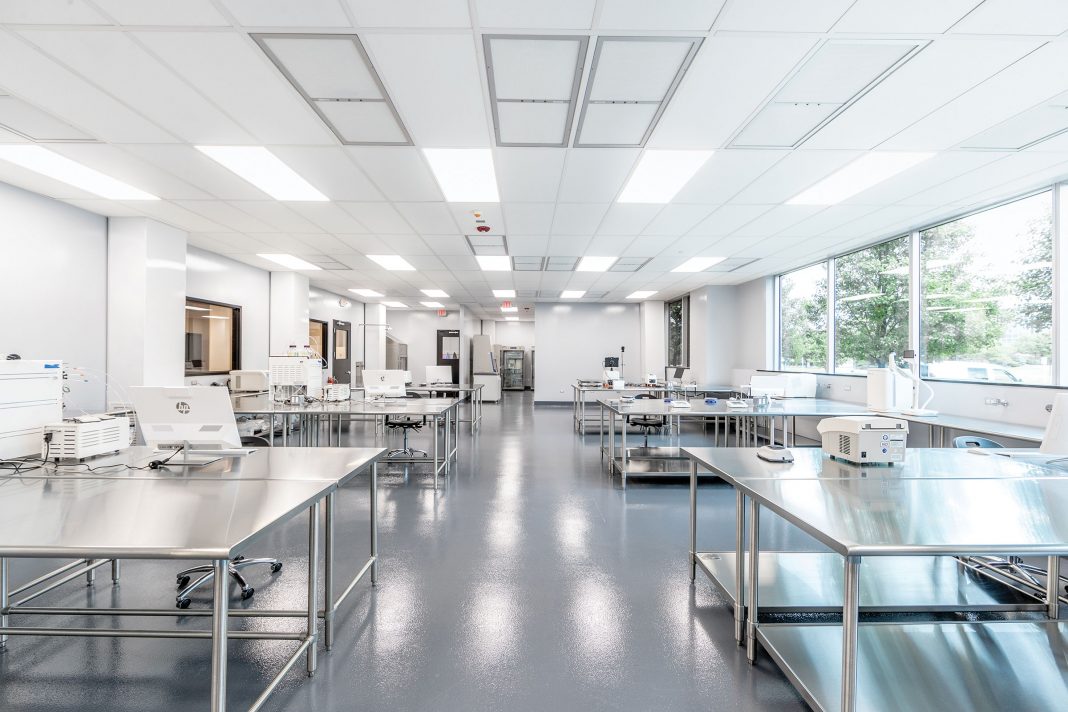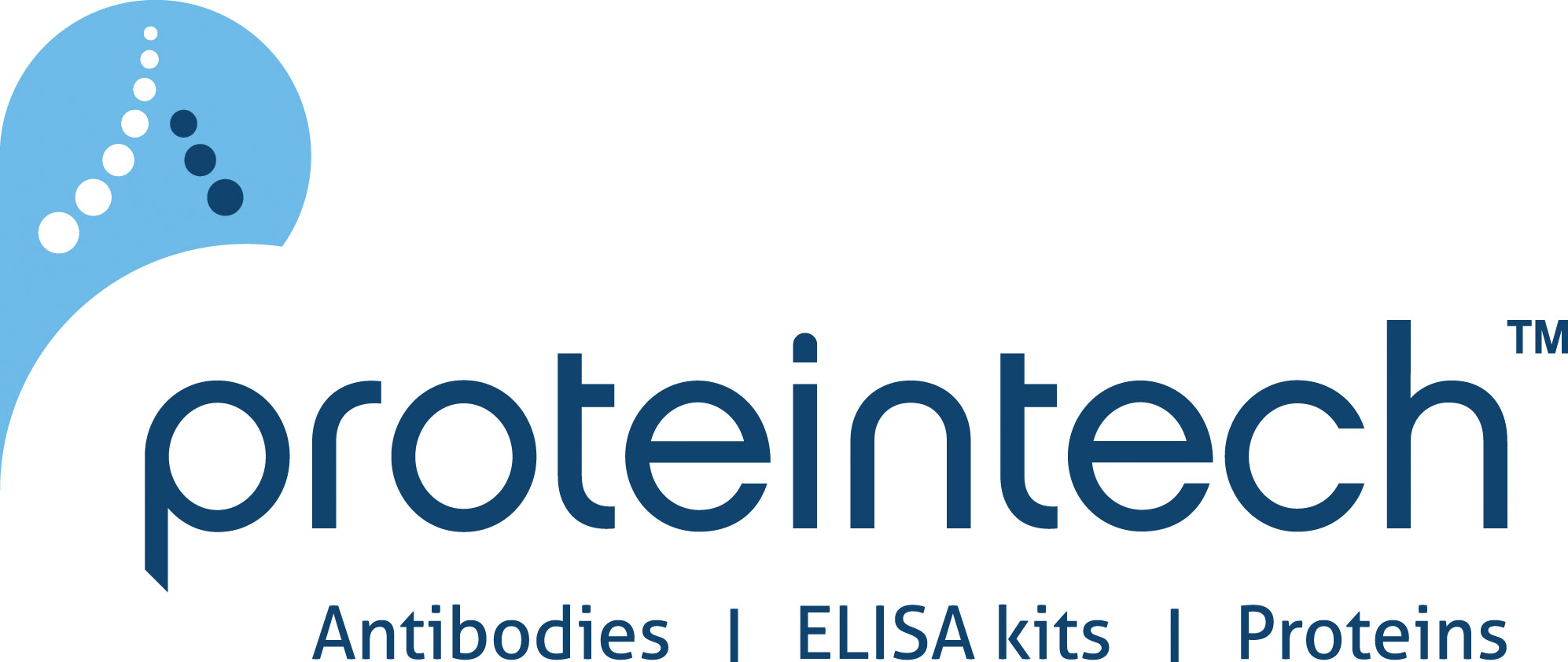Sponsored content brought to you by
Effective and safe ingredients are needed for development and scaling of cellular therapies. Authentic recombinant human proteins, such as the HumanKine® product portfolio for cellular function, can help streamline translation of research discoveries to the clinic.
To focus on the expansion of GMP-grade HumanKine products for clinical use, Proteintech recently completed their new Good Manufacturing Practice (GMP)-grade laboratory at the company’s Illinois headquarters. The state-of-the-art facility is designed to satisfy federal regulatory requirements to allow protein production to meet the growing need for GMP-grade reagents, and contains Class 1000 and Class 10000 clean rooms.
“All of our products follow quality standards to be GMP-like, and now we have taken another major step to supply our customers with GMP-grade products to help them to carry on the great work that they do,” says Proteintech’s CSO, Deepa Shankar, PhD. “Our mission is to be the silent partner to our scientists. What better way to do that than by providing high-quality products to be used as ingredients in their endeavors. We are committed to devoting the necessary resources and have a lot of plans for our Illinois-based GMP facility.”
There is a limit to how much the scientific community can understand human biology using non-human tools, such as proteins derived from bacteria and Chinese hamster ovary (CHO) cells. In 2018, Proteintech Group purchased HumanZyme, a leading manufacturer of recombinant human proteins. The long-term relationship between the two companies dates back to their respective beginnings on the second and third floors of the University of Illinois incubator.
As our understanding of biology and therapeutic approaches evolve, so too do the requirements of recombinant proteins. To become properly active, many proteins require glycosylation and processing that is only available in eukaryotic systems.
The growth factors, cytokines, and regulators used to manufacture therapeutic cells are essentially signals that direct cellular differentiation as well as expansion. Since post-translational modifications are important for end function, and can differ by species, such as in the case of the transforming growth factor beta superfamily of cytokines (TCF-β), authentic human signals could very well facilitate improved outcomes.
The proprietary HumaXpress® HEK293 human-cell expression system produces authentic recombinant proteins with correct post-translational modifications, subunit assembly, folding, secretion, and stability to warrant the best possible results.
Authenticity includes structural aspects such as glycosylation, proteolytic processing for mature protein formation, disulfide bond formation, and folding into the proper three-dimensional shape, as well as subsequent chemical and biological differences such as resistance to proteases, binding affinities, isoelectric point, and biological activity.
HumanKine growth factors and cytokines offer a number of advantages. The proteins are manufactured without any animal-derived components or cells, an important prerequisite for materials used in a clinical setting. The well-defined components and supplies used in production are readily available providing the assurance that an uninterrupted supply can be maintained. And a genetically scalable, stable suspension culture production system enables adaption to GMP manufacturing and consistent lot-to-lot performance.
“It takes human cells to make human sequences into real human proteins. Biology used to focus predominantly on discovery and now we are adding an engineering aspect using that knowledge. This is a brand new golden age of human biology that requires more authentic human proteins to satisfy the new needs,” adds Proteintech CEO, Jason Li, PhD.
“This exciting age is a renaissance of human biology. We are glad at Proteintech that we can contribute by providing authentic human proteins to help facilitate stem cell, CAR-T, and other cellular therapies.”
The first product, Activin A, an essential product for stem cell differentiation, will be available fall 2019.




